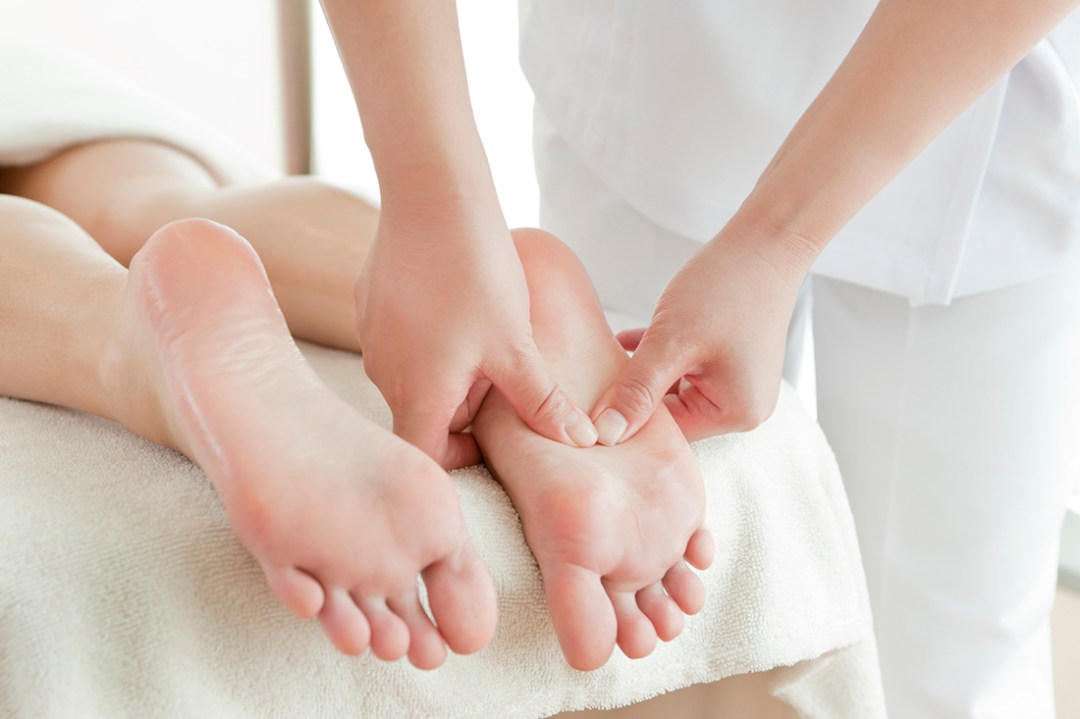Lower your stress levels
We try out therapies in a bid to solve an ongoing health issue. Here, beauty & wellbeing editor Amerley Ollennu addresses her high cortisol levels

‘I don't remember a time before stress – I always have a looming deadline and a million things to organise. I need to make a change before I crash and burn,’ says Amerley.
The Treatment
A recent blood test revealed my cortisol levels were four times the highest amount they should be. ‘Cortisol is a steroid hormone, made in the cortex of the adrenal glands,’ says reflexologist Abi Williamson, from health and wellbeing space Wakeman Road. ‘It’s released in response to stress and low blood glucose levels, and is most commonly identified with the fight-or-flight response. Main functions include regulating metabolism, acting as an anti-inflammatory, influencing memory formation, and affecting blood pressure. In normal circumstances, once cortisol is raised in response to stress, its levels will subsequently reduce. However, more and more people struggle with chronically raised levels as a result of ongoing life stress and fast-paced living’.
If left to become chronic, this could suppress my immune system, increase abdominal fat deposition (not ideal for a healthy heart), break down muscle, bone and connective tissue, and interfere with thyroid hormone activation.
I visited Williamson, for a series of reflexology sessions. She works on reflex points in the feet, lower legs, hands and face, which correspond to every organ and gland in the body. Treatments work in two ways: ‘At a basic level, they allow an individual to relax, which lowers the surging and pumping of cortisol and should, for a while at least, do the same post-treatment, too,’ says Williamson. She concentrated on the reflex points that correspond to the adrenal glands, encouraging the calming of those glands to reduce cortisol production and bring about a state of balance in the long term, too.
The Result
‘Stress-management is key and reflexology can be a major part of this,’ says Williamson. I have exercised regularly and made dietary changes, too. I now take probiotics, and omega 3, follow a low-glycemic diet, have eliminated trans-fats and have also reduced intake of saturated fats. I’ve reduced caffeine and alcohol, while ensuring I eat more fibre and antioxidant-and phytonutrient-rich foods, and I feel allthe better for it.
Ultimately though, what I look forward to now are my sessions with Williamson, whereI can take some time out for me; no email checking, no small talk and no whirling thoughts – just pure relaxation. Rare, which makes it all the more necessary.
For more information, see wakemanroad.co.uk
Photograph: iStock









